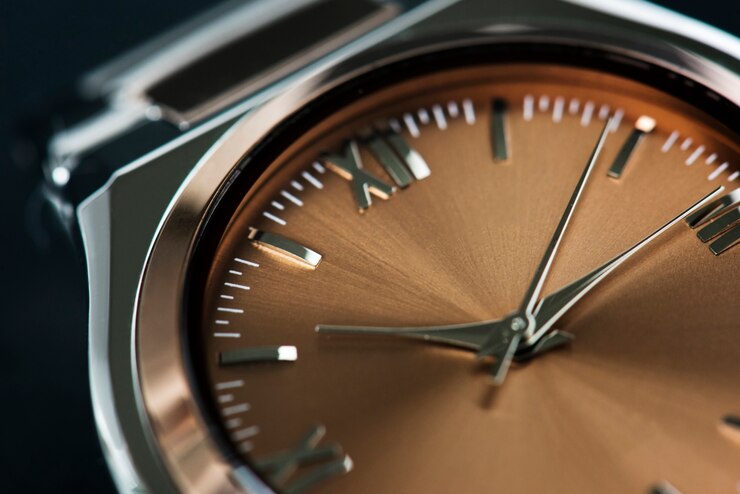Choosing the right watch involves more than just selecting a style that suits your taste; it’s also about understanding the materials that make up your timepiece. From classic stainless steel to luxurious gold and innovative materials like ceramic and titanium, the choice of watch material significantly impacts the watch’s aesthetics, durability, and overall feel. In this guide, we’ll demystify watch materials, helping you make an informed decision on the perfect timepiece companion.
- Stainless Steel: Classic Elegance and Durability
Stainless steel is a timeless choice for watch enthusiasts seeking a perfect balance of elegance and durability. Renowned for its corrosion resistance and strength, stainless steel watches are versatile, suitable for both casual and formal occasions. The material offers a polished and lustrous finish, maintaining its shine over time. - Gold: Luxurious Opulence
Gold watches exude opulence and luxury, making them a symbol of refined taste. Available in yellow, white, and rose gold, these timepieces add a touch of glamour to any ensemble. While gold is relatively soft, watchmakers often alloy it with other metals to enhance durability. Gold watches are ideal for those who appreciate a statement piece with a touch of extravagance. - Platinum: A Rare and Prestigious Choice
Platinum is a rare and prestigious material, known for its rarity and durability. Platinum watches are heavier than their gold counterparts and boast a distinctive white color that does not tarnish. The material’s density contributes to the weight and substantial feel of the watch, making it a preferred choice for those seeking exclusivity and sophistication. - Titanium: Lightweight Strength
Titanium is a modern and innovative material gaining popularity in the watchmaking industry. Known for its lightweight yet robust properties, titanium watches are ideal for those who prioritize comfort without compromising durability. The material is resistant to corrosion and hypoallergenic, making it an excellent choice for individuals with sensitive skin. - Ceramic: Sleek and Scratch-Resistant
Ceramic watches have become synonymous with sleek, modern designs and scratch resistance. The material’s hardness makes it highly resistant to scratches and fading, ensuring a long-lasting pristine appearance. Ceramic watches are often used in sporty and contemporary designs, adding a touch of sophistication to casual and formal wear alike. - Carbon Fiber: High-Tech Appeal
Carbon fiber is a high-tech material known for its strength, lightweight properties, and futuristic appeal. Commonly used in sports and racing watches, carbon fiber adds a modern and dynamic touch to timepieces. It is resilient against scratches and impact, making it an excellent choice for those with an active lifestyle. - Leather: Classic and Timeless Straps
While not the primary material for watch cases, leather is a classic choice for watch straps. Leather straps, often made from genuine calf or alligator leather, exude sophistication and timeless elegance. Leather complements both dress and casual watches, providing comfort and a touch of luxury. - Rubber: Sporty and Comfortable
Rubber is a popular material for sport and dive watches, known for its durability, flexibility, and water-resistant properties. Rubber straps offer comfort during active pursuits and are resistant to saltwater and UV exposure. They are a practical and stylish choice for those who enjoy a sporty aesthetic.
Understanding watch materials is essential in finding the perfect timepiece that aligns with your style, preferences, and lifestyle. Whether you appreciate the classic elegance of stainless steel, the opulence of gold, or the high-tech appeal of materials like ceramic and titanium, each material brings unique characteristics to your wrist. By considering factors such as durability, weight, and aesthetics, you can confidently choose a watch that not only suits your taste but also becomes a cherished companion for years to come.








